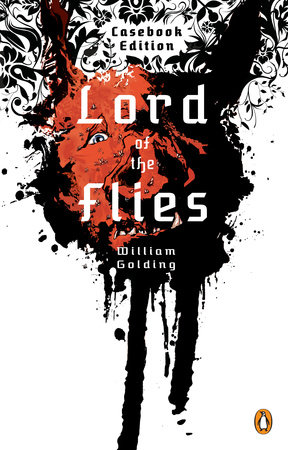
Lord of the Flies: Casebook Edition
William Golding; Edited by James Robert Baker and Arthur P. Ziegler, Jr.
Paperback
September 1, 1987 | ISBN 9780399506437
AmazonBarnes & NobleBooks A MillionBookshop.orgHudson BooksellersPowell'sTargetWalmart
About the Book
The material in this casebook edition of one of the most widely read novels of our time includes not only the full text of LORD OF THE FLIES, but also statements by William Golding about the novel, reminisces of Golding by his brother, an appreciation of the novel by E.M. Forster, and a number of critical essays from various points of vierw. Included are psychological, religious, and literary approaches by noted scholars and studies of the novel's relation to earlier works, as well as to other writings by Golding. The editors have also included bibliographical material and explanatory notes.
Edited by James R. Baker and Arthur P. Ziegler, Jr.


